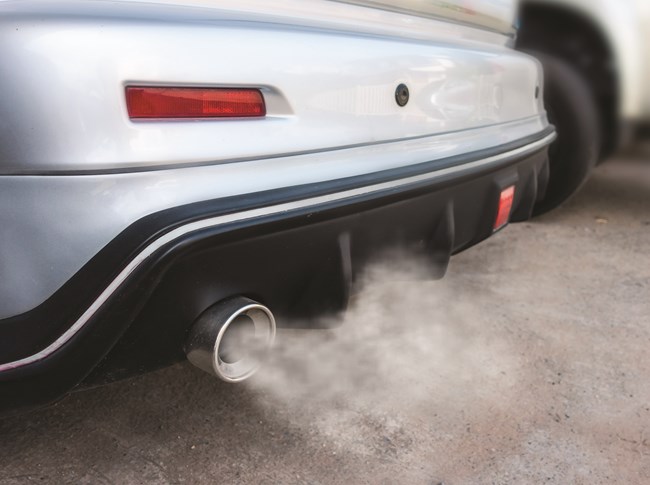
The start point for the best source of fleet information |
Carmakers must publish WLTP CO2 data, Venson says
Date: 31 July 2019 | Author: Sean Keywood

Manufacturers need to publish full WLTP car CO2 figures to enable fleet decision makers and company car drivers to calculate BIK tax on vehicles scheduled for delivery from 6 April 2020.
That's according to Venson Automotive Solutions, following the government's long-awaited publication of updated company car tax rates past that date.
The new WLTP testing regime will apply for taxation on all new cars registered from 6 April, but Venson says that although fleets now have confirmed tax rates, they are now discovering that WLTP CO2 figures are not easily and readily accessible.
Venson also says that WLTP CO2 figures are not available on the websites and online 'car builder' tools offered by many motor manufacturers, and that industry data providers, which supply contract hire and leasing companies and major fleets with tax, service, maintenance and repair and residual value information, are also unable to source the required figures en masse.
Venson director of client management Simon Staton said: "We are in an absurd position. Although the government has only just published company car BIK bands for 2020/21 and the following two financial years, it announced in the November 2017 Budget that WLTP CO2 information would be used for company car BIK tax purposes from April 6, 2020.
"Following the government's BIK announcement we are being asked by customers and prospects to provide quotes on cars - including tax calculations - for delivery pre- and post-6 April 2020, but the WLTP CO2 data is not available.
"We know that motor manufacturers have the WLTP CO2 data because the NEDC-correlated or converted figure currently available for each car is derived from it.
"Therefore, it seems illogical that the information is not readily available so fleet decision makers can review future company car choice lists - particularly where a CO2 emission cap is in place - and drivers can make decisions on their next company car."










